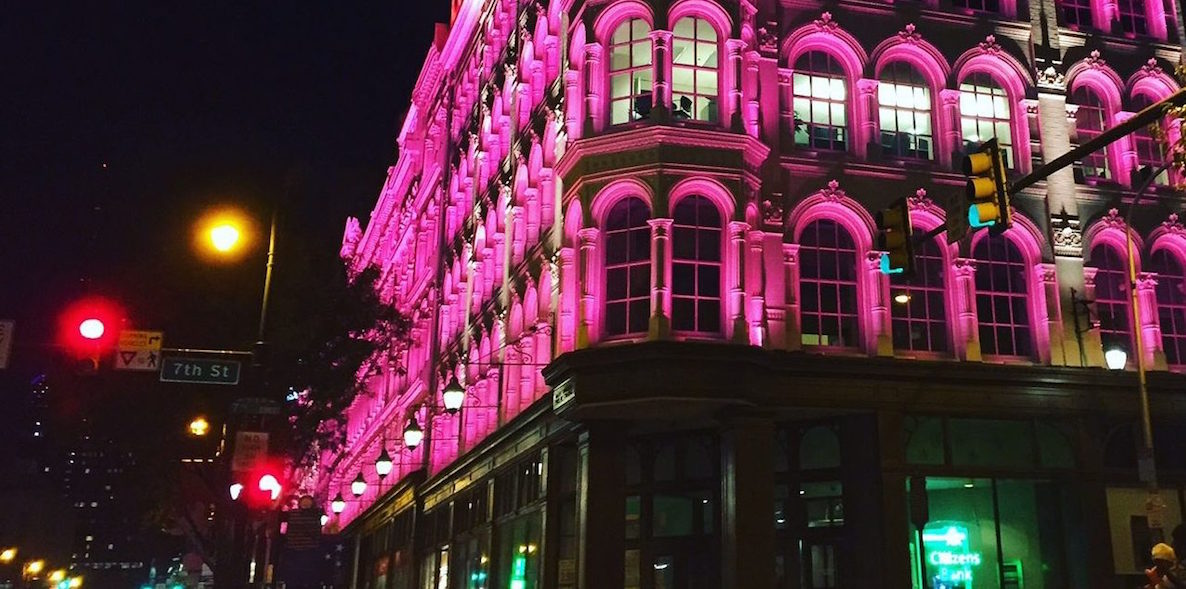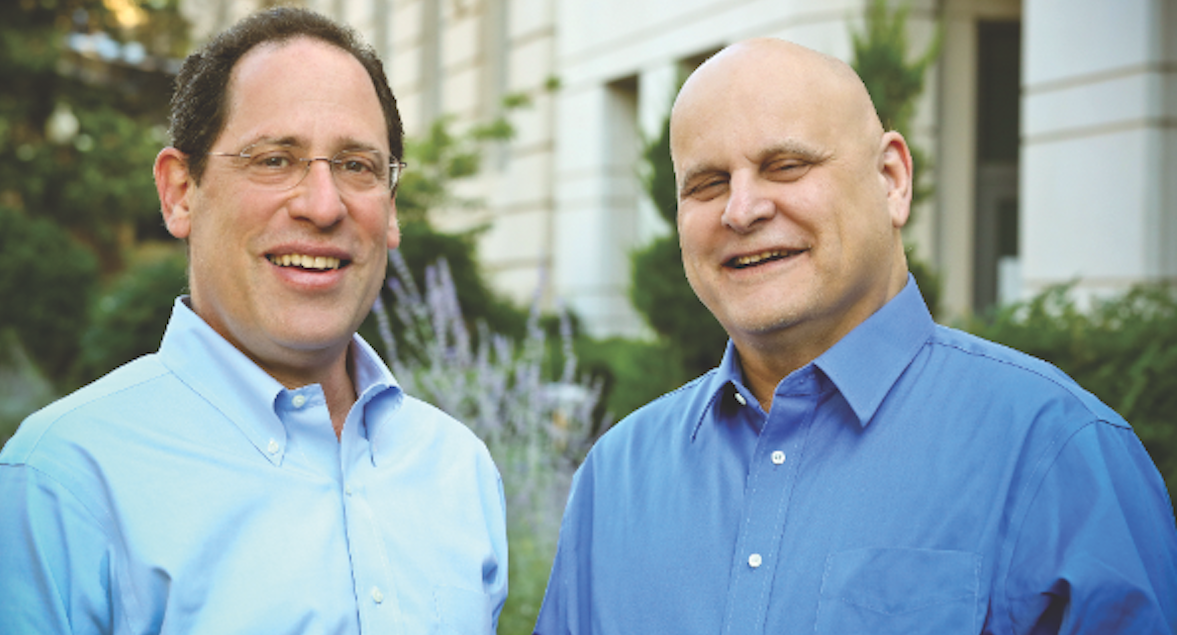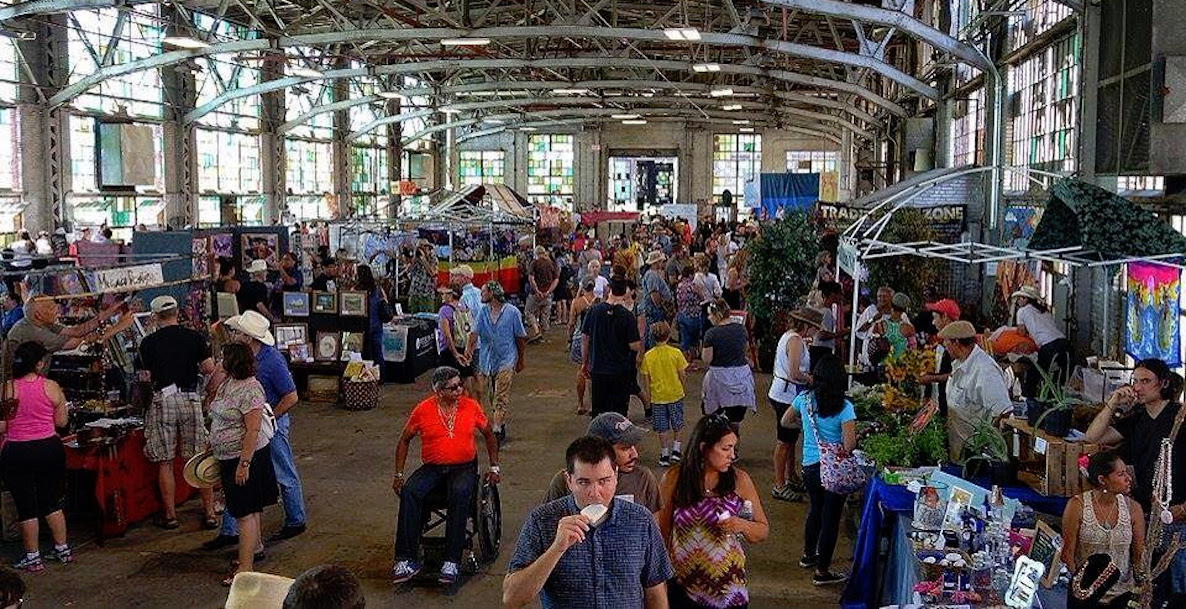With election fever rightly seizing the land, I have spent the past several weeks visiting six separate cities — Albuquerque, Cleveland, Dayton, Madison, New Orleans and Winston-Salem. This whirlwind travel has given me a chance to tour dozens of Opportunity Zones and get an on the ground feel for market condition, practitioner energy, investment possibilities and social challenges.
Here are a few observations, which reinforce a paper Evan Weiss and I recently co-authored that provided a roadmap for cities hoping to realize the full economic and social impact of Opportunity Zones.
The Power of Anchor Institutions: Every city I visited demonstrated the power of anchor institutions like universities, hospitals and corporations to spur innovative (and potentially inclusive) growth through smart investment, co-location and intensified collaboration. Wake Forest University in Winston-Salem has been the driving force behind the Innovation Quarter at the periphery of downtown. The University of Dayton (and the Entrepreneurs Center) have committed to become the anchor tenants of the Arcade, the historic complex that forms the heart of Dayton’s downtown. The University of New Mexico’s role in Innovate ABQ, American Family Insurance’s new Spark building in Madison, the cluster of academic and medical institutions in New Orleans’ Bio District and the remaking of Cleveland’s Euclid Avenue as a HealthLine (linking Case Western, the Cleveland Clinic and Cleveland State University) are signs of the new anchor-led, city-centered collaborative order.
These projects, and the thinking about how to restore industrial sites like Madison’s closed Oscar Meyer plant, stir the blood and remind us what we love about cities — their distinctive history, incomparable beauty, remarkable authenticity and powerful diversity.
The Power of Governance: As Jeremy Nowak and I observed in The New Localism, most U.S. cities lack 21st century institutions with the capacity and capital to drive smart, inclusive growth and development at scale. Yet some of the cities we visited are experimenting with institutional models that could provide replicable lessons. In Winston-Salem, for example, Wake Forest Baptist Medical Center is the private driver behind an Innovation Quarter that is both remaking historic power plants, tobacco facilities and rail lines while innovating on new medical products. In New Orleans, by contrast, a state authorized Bio District armed with delegated powers from the legislature, is finding new energy in the cluster of new hospitals and the medical schools of LSU, Tulane and Xavier. Cleveland feels ripe for a new burst of institutional innovation, whether it’s around the Opportunity Corridor (with its potential for a public asset corporation modeled after Hamburg’s HafenCity) or around Midtown (with its potential for an Innovation District modeled after St. Louis’ Cortex District.)
![]()
The Power of Transformative Investments: A decade ago, Julie Wagner and I wrote a piece entitled “Transformative Investments: Remaking American Cities for a New Century”. We were inspired at the time by the rising embrace of “cityness” with complex projects that literally remapped and re-centered cities, triggering new social and economic possibilities.
During my recent sojourn I saw first-hand a number of transformative projects that are either underway or at an advanced stage of the drawing board. Dayton’s Mayor Nan Whaley introduced me to the Arcade project, a renovation of a turn of the 20th century consumer and cultural hub in the historic heart of the downtown that has remain shuttered for decades. Former Albuquerque Mayor RJ Berry took me on a Sunday afternoon tour first of the new Albuquerque Rapid Transit (ART) corridor, then (with David Campbell, the city’s planning director), the incomparable Rail Yard. And Andy Kopplin, the CEO of the Greater New Orleans Foundation and Leigh Ferguson of the Downtown Development District took me around the Spirit of Charity District in New Orleans, boasting one of the most striking Art Deco monuments in the country.
This is financial engineering of the positive kind, a product of creative capital stacks that ultimately makes the impossible possible.
My windshield tours also showed me the physical imprint of catalytic federal investments through the HOPE VI program and the Choice Neighborhoods Initiative, resulting in neighborhoods of choice that are attractive to households with a range of incomes and a plethora of opportunities.
These projects, and the thinking about how to restore industrial sites like Madison’s closed Oscar Meyer plant, stir the blood and remind us what we love about cities — their distinctive history, incomparable beauty, remarkable authenticity and powerful diversity. They are symbols of grandeur and ambition, of thinking big at the local level when so much of national and state discourse reduces us to the small. They inspire us, lift us, move us and compel us to do “grand things” in the tradition of our communities.
![]()
At a more prosaic level, these are complex, multi-layered deals that require persistence, passion, commitment to place and an almost messianic vision and sense of larger purpose. It is not surprising that urban visionaries like Bill Streuver, Richard Baron and Pres Kabakoff are involved in some of these transactions. They go where sane people rarely tred. This is financial engineering of the positive kind, a product of creative capital stacks that ultimately makes the impossible possible.
In sum, I have witnessed the incredible health and spirit of this country, sometimes animated and amplified by smart federal tools and innovative state action. Just imagine if cities and communities had consistent, respectful partners in Congress and the states.
Bruce Katz is the director of the new Nowak Metro Finance Lab at Drexel University, created to help cities design new institutions and mechanisms that harness public, private and civic capital for transformative investment. He is one of the featured speakers at The Citizen’s Ideas We Should Steal Festival on Nov. 30th.
Photo via Bruce Katz




